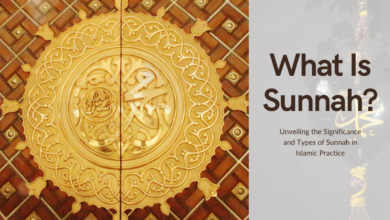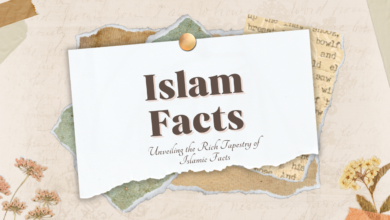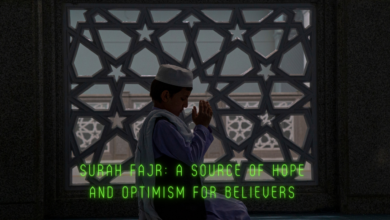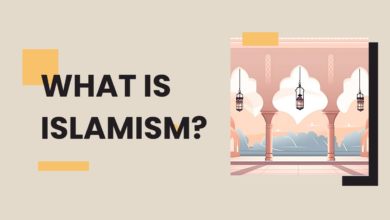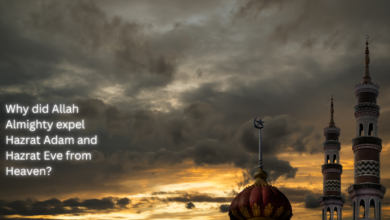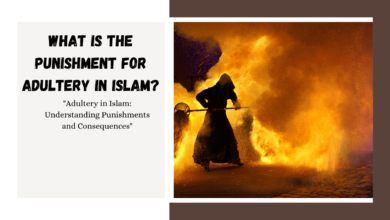What’s the difference between Christianity and Islam?
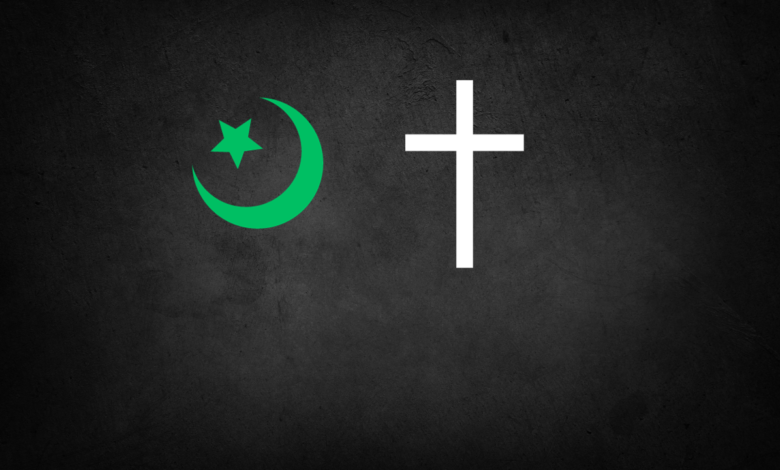
What’s the difference between Christianity and Islam?
Christianity and Islam are two distinct monotheistic religions. The main difference lies in their beliefs about God, the nature of Jesus Christ, and their religious texts.
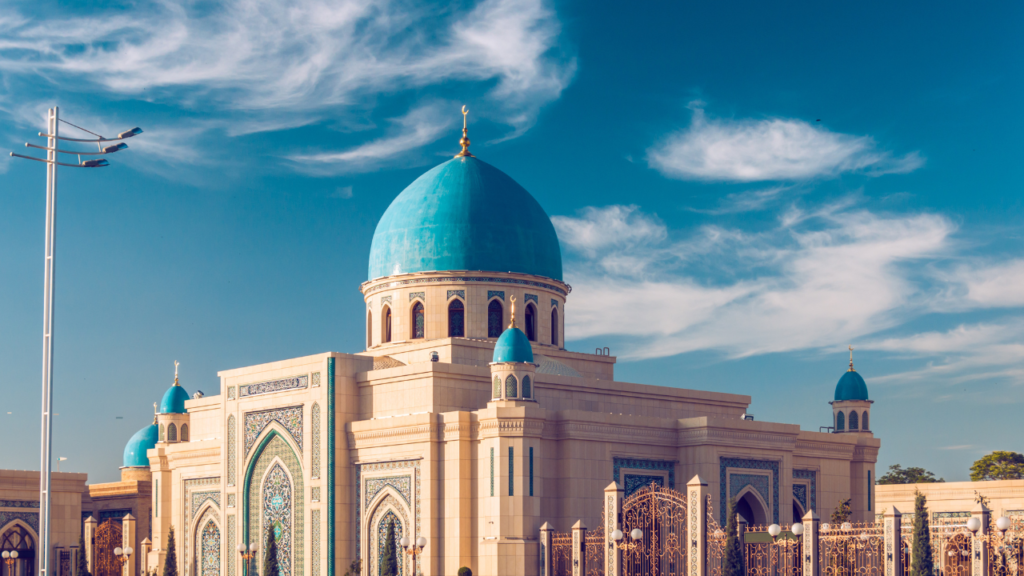
Introduction
Christianity and Islam are two of the world’s largest religions, with billions of followers spread across the globe. While they share some common historical and theological roots, there are significant differences between the two faiths. This article aims to explore these differences, highlighting key aspects of each religion, including their beliefs, practices, and historical development.
Historical Background
Christianity and Islam both trace their origins back to the Middle East. Christianity began in the 1st century AD with the life and teachings of Jesus Christ. His crucifixion and resurrection are central events in Christian theology. Over time, Christianity developed into various denominations, including Roman Catholicism, Eastern Orthodoxy, and Protestantism.
Islam, on the other hand, emerged in the 7th century AD with the teachings of the Prophet Muhammad. The Quran, Islam’s holy book, is believed to be the literal word of God as revealed to Muhammad. Islam, too, has several major branches, with Sunni and Shia being the largest.
Concept of God
One of the most fundamental differences between Christianity and Islam is their understanding of the nature of God:
- Christianity: Christians believe in the Holy Trinity – the Father, the Son (Jesus Christ), and the Holy Spirit. This concept suggests that God is one being in three persons. Jesus, according to Christian belief, is the Son of God and the Savior of humanity who died for the forgiveness of sins.
- Islam: In Islam, the concept of God, known as Allah, is strictly monotheistic. Muslims believe in the absolute oneness of God and reject any notion of partners or associates. There is no concept of the Trinity in Islam, and Jesus is considered a prophet, not divine.
Holy Scriptures
Both religions have sacred texts that guide their beliefs and practices:
- Christianity: The Christian Bible consists of two main sections, the Old Testament and the New Testament. The Old Testament contains texts shared with Judaism, while the New Testament contains writings related to the life, teachings, and early Christian community, including the Gospels, Epistles, and the Book of Revelation.
- Islam: The Quran is the holy book of Islam, believed by Muslims to be the literal word of God. It is written in Arabic and covers various aspects of faith, morality, and guidance for daily life. Additionally, Islam also reveres the Hadith, which are collections of sayings and actions of the Prophet Muhammad.
Religious Practices
Christianity and Islam have distinct rituals and practices:
- Christianity: Christians typically gather for worship services in churches on Sundays. Sacraments like baptism and communion are central to Christian worship. Worship practices vary among denominations, with Catholics, for example, placing a strong emphasis on the Eucharist, while Protestant traditions vary widely.
- Islam: Muslims engage in daily prayers, with five obligatory prayers a day facing the Kaaba in Mecca. The holy month of Ramadan involves fasting from sunrise to sunset. Pilgrimage to Mecca, or Hajj, is one of the Five Pillars of Islam, which are essential acts of worship and faith.
Also Check
- What is Quran in Islam?
- Who is Muhammad?
- Why is Friday important for Muslims?
- Why did Prophet Muhammad (PUBH) marry Hazrat Khadijah?
- Where are the 25 Prophets of Islam in order?
Views on Jesus
The role and significance of Jesus Christ differ greatly in Christianity and Islam:
- Christianity: Jesus is regarded as the Son of God and the central figure of Christian salvation. His crucifixion and resurrection are seen as atonement for humanity’s sins, providing the path to eternal life.
- Islam: In Islam, Jesus (known as Isa) is recognized as a prophet but not divine. Muslims reject the crucifixion and believe that Jesus was not killed but was raised to heaven. He is expected to return as a sign of the end times but not as a divine figure.
Conclusion
Christianity and Islam are two major world religions with rich histories and distinct beliefs. While they share some commonalities, such as a belief in one God and a reverence for prophets, they also have profound differences in their understanding of God, their holy scriptures, religious practices, and the role of Jesus. Understanding these distinctions is essential for fostering interfaith dialogue and promoting mutual respect among followers of these faiths.

(FAQs) about the differences between Christianity and Islam:
What is the main difference between Christianity and Islam?
Christianity and Islam are two distinct monotheistic religions. The main difference lies in their beliefs about God, the nature of Jesus Christ, and their religious texts.
Do both Christianity and Islam believe in one God?
Yes, both religions are monotheistic and believe in the existence of one God, but they have different understandings of God’s nature.
How do Christians and Muslims differ in their beliefs about Jesus Christ?
Christians believe that Jesus is the Son of God and the Savior of humanity, while Muslims consider Jesus as a prophet but not divine. Islam teaches that God has no partners or children.
What are the holy books of these religions?
Christians follow the Bible, which includes the Old Testament and the New Testament. Muslims follow the Quran as their primary religious text.
Are there any differences in religious practices between the two religions?
Yes, there are differences in religious practices, such as prayer rituals, dietary restrictions, and religious holidays. For example, Muslims pray five times a day and fast during Ramadan, while Christians attend church services on Sundays and observe various Christian holidays.
How do the concepts of salvation differ between Christianity and Islam?
Christians believe in salvation through faith in Jesus Christ and His sacrifice on the cross. In Islam, salvation is achieved through faith in one God and righteous deeds.
What is the role of religious leaders in Christianity and Islam?
In Christianity, there are various denominations with different leadership structures, including priests, pastors, and bishops. In Islam, religious leaders are known as imams or clerics, who lead prayers and provide spiritual guidance.
Are there any differences in the religious symbols and places of worship?
Yes, Christians often use the cross as a symbol, and their places of worship are called churches. Muslims use the crescent moon and star as symbols, and their places of worship are known as mosques.
How do the two religions view the afterlife?
Both Christianity and Islam believe in an afterlife. Christians believe in heaven and hell, while Islam has a similar concept of paradise (Jannah) and hell (Jahannam).
Are there any commonalities between Christianity and Islam?
Yes, there are shared beliefs, such as the importance of compassion, kindness, and charity. Both religions trace their origins to the Abrahamic tradition and revere Abraham as a prophet.

